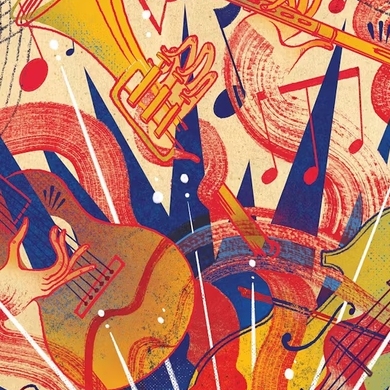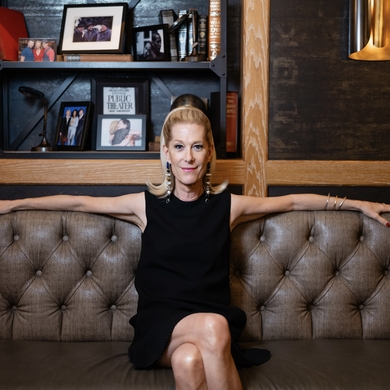A full biography of Julius Eastman, when one gets written, will make for sad reading. He was by no means the outsider he went on to be. Eastman entered Philadelphia’s prestigious Curtis Institute as a piano major under the tutelage of the all but mythic Mieczysław Horszowski, yet graduated in composition. An adventurous vocalist, he was unfazed by the hellacious demands of the Peter Maxwell Davies sequence Eight Songs for a Mad King, of which he made the landmark recording on the Nonesuch label. Jazz was no less his element. Though recognized by other trailblazers of the 20th-century classical avant-garde, Eastman never fit into the world as he found it. After drifting into homelessness in Lower Manhattan, he attempted a comeback but died alone in a hotel in Buffalo, New York, in 1991, his papers in disarray. Nine months later, the Village Voice published his first obituary, by his friend and fellow composer Kyle Gann. As a gay Black composer, Eastman is now a subject of intense investigation. His champions place the Minimalist, hour-long Crazy Nigger, for four pianos, among his essential works. (The provocative title is not atypical. Others are Evil Nigger and Gay Guerilla.) To judge by the names of the pianists in Prague—Ivo Kahánek, Eliška Tkadlčíková, Anna Gaálová, Pavol Praženica—they are all local. Remarkably, the piece is programmed three times this season, at widely spaced intervals in the same concert hall, giving the pianists and Prague aficionados the chance to let the work sink in; two performances remain. What American city would show a maverick like Eastman such sustained support? —M.G.



